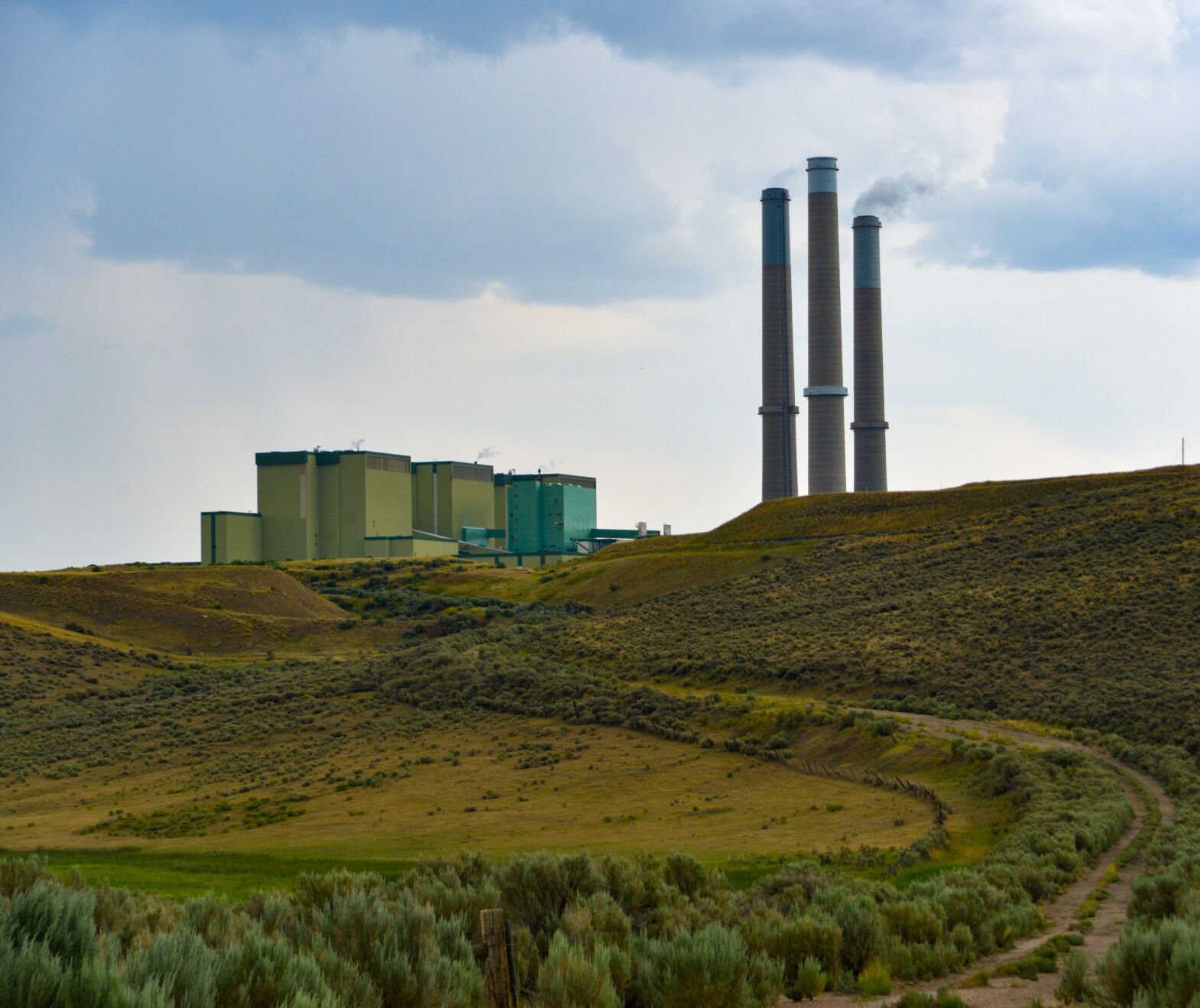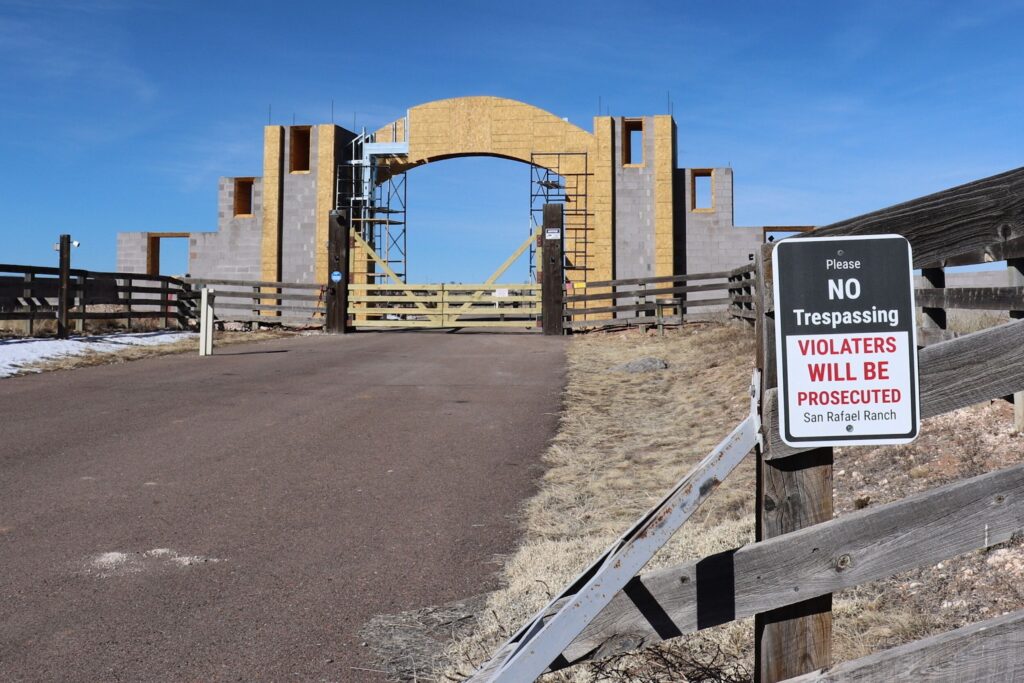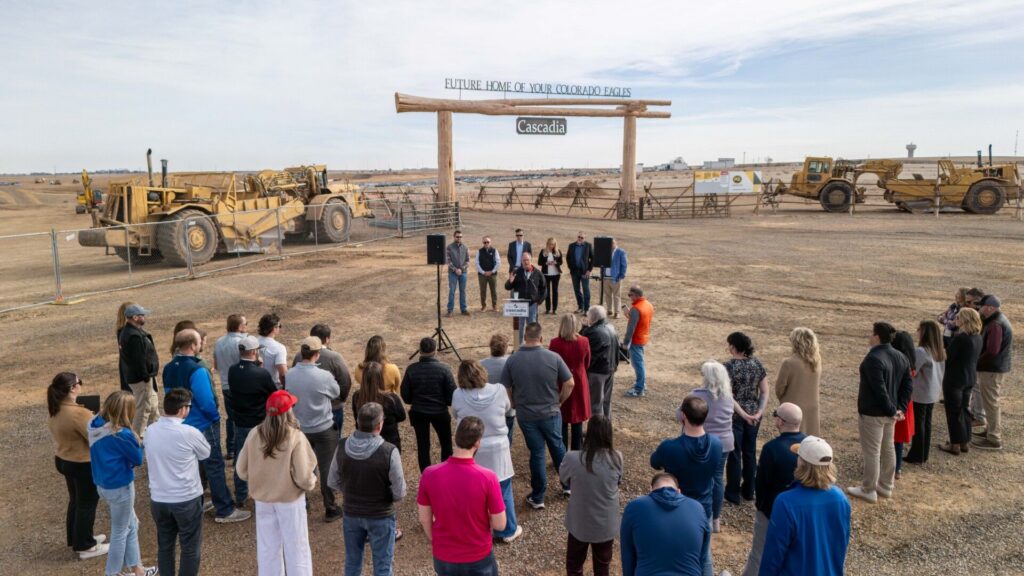Bennet’s bill seeks to help communities devastated by job losses in coal mining industry

U.S. Sen. Michael Bennet, a Colorado Democrat, introduced a bill on Wednesday that would augment at the federal level Colorado’s Just Transition Plan, which tries to lessen the economic and social effects of the closure of coal power plants and mines across the state.
“This bill was carefully written to reflect the needs of Colorado’s rural communities and would complement the work being done by the Office of Just Transition,” Bennet, who has tried unsuccessfully to pass legislation supporting displaced coal and energy workers since 2017, said in a statement. “We need to provide lasting support directly to Colorado’s counties that are facing an economic transition. I believe a successful approach should engage all levels of government – from the local level to the federal level.”
In a separate news release, Bennet said his legislation was carefully crafted with “feedback from local leaders in Northwest Colorado to create an enduring way to support economic revitalization in our communities.”
One of those communities is Hayden in Routt County.
“We are deeply concerned about this transition, but we recognize this is a unique opportunity to move forward for our community and lead by example in Northwest Colorado. This bill provides that unique opportunity to secure sustainable funding and transition our hard-working community into the future,” Hayden Mayor Zach Wuestewald said, referring to Colorado’s shift to renewable energy. “This bill provides that unique opportunity to secure sustainable funding and transition our hard-working community into the future.”
Like many other communities across the country that for decades powered America’s homes and industries but whose main source of livelihood faces extinction, Hayden is at a crossroads, partly the result of shifting political winds and public policy priorities at the state Capitol and in D.C.
Hayden depends on revenue from the fossil industry for survival: 55% of a voter-approved $22.3 million school bond is dependent on revenue produced by the Hayden coal-fired power plant, due to be closed by Xcel Energy by 2028. Hayden’s fire district, library district, hospital district and cemetery district get between 55% and 60% of their funding from the Hayden power plant.
Colorado’s transition away from coal-fired energy accelerated in the last few years. In 2004, Colorado became the first state in the country to require, via the ballot box, a renewable energy portfolio standard for power producers. The legislature increased the requirements a few more times, culminating in standards mandating investor-owned utilities derive 30% of electricity they sell from renewable energy sources by 2020. Gov. Jared Polis doubled down on that approach, noting he ran on a platform of transitioning to 100% renewable energy by 2040.
That transition has come at the expense of fossil energy jobs, a reality the state’s policymakers, including the governor, sought to ease by establishing a plan to help coal and power plant workers who find themselves out of work and communities that are predicted to be financially devastated by the state’s renewable energy strategy. The 2020 Just Transition Action Plan itself acknowledged the enormity of the fiscal need, saying the shift from fossil-fired energy would likely cost the state over $100 million to implement.
Bennet’s bill would create the Community Revitalization Corporation, a federally chartered non-governmental corporation. The corporation would be funded with an initial $20 billion in federal money.
Under the legislation, an endowment fund and a benefits fund would be created. The endowment fund would be invested and required to produce at least a 5% annual return on investment in perpetuity. Each year, 33% of amounts received from fossil fuel extraction and production leasing and renewable energy resource leasing on federal land would be transferred to the endowment fund.
The Bureau of Land Management reports that in fiscal year 2020, more than $3.46 billion was collected from onshore oil and gas leasing, comprising 30% of the nation’s onshore mineral resources, produced from 700 million acres of federally-owned subsurface minerals, not including offshore mineral revenues.
Money from the endowment fund would be allocated to communities that qualify, according to a formula that limits distributions to 4.5% of interest earned, amounting to perhaps $900,000, and 4.5% of leasing royalties collected by the federal government, amounting to around $156 million, based on 2020 numbers.
According to the legislation, communities facing “an acute fiscal crisis” caused by closures of fossil fuel generating units or the “decline or cessation of fossil fuel extraction activities” would be prioritized for grants for capacity building, planning and implementation, training and technical assistance, planning and implementation, and public or private projects that “leverage transition programs.”
“I have heard time and again from Coloradans about the effects coal mine and power plant closures have on our rural communities and their economies,” Bennet said in the news release.
“Senator Bennet’s efforts to work hand-in-hand with local leaders – on both sides of the aisle – to create a new permanent endowment fund will help northwest Colorado through the transition away from coal plant-based economies,” said Craig Mayor Ryan Hess.
The bill has not yet been assigned to a committee. A fact sheet is available here.














